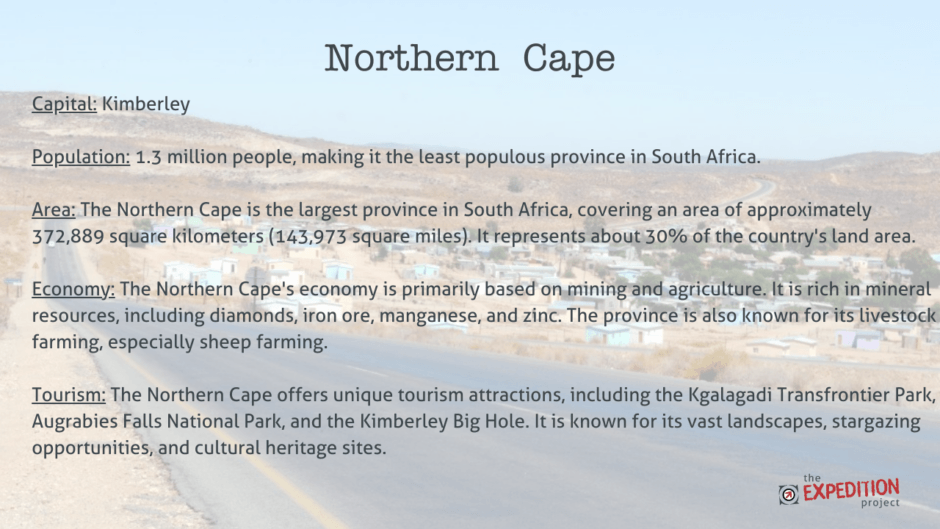
Location: The Northern Cape is located in the northwestern part of South Africa, bordering Namibia, Botswana, and the Northern Province.
Climate: The Northern Cape has a semi-arid climate with hot summers and cool winters. Temperatures can reach over 40°C (104°F) in summer and drop below freezing point in winter.
Landscapes: The Northern Cape is known for its vast and diverse landscapes, ranging from the rugged mountain ranges of the Richtersveld to the arid plains of the Kalahari Desert.
Culture: The Northern Cape has a rich cultural heritage, with its indigenous San people being one of the oldest ethnic groups in Africa. The province has numerous cultural and heritage sites, including rock art sites, museums, and historic towns.
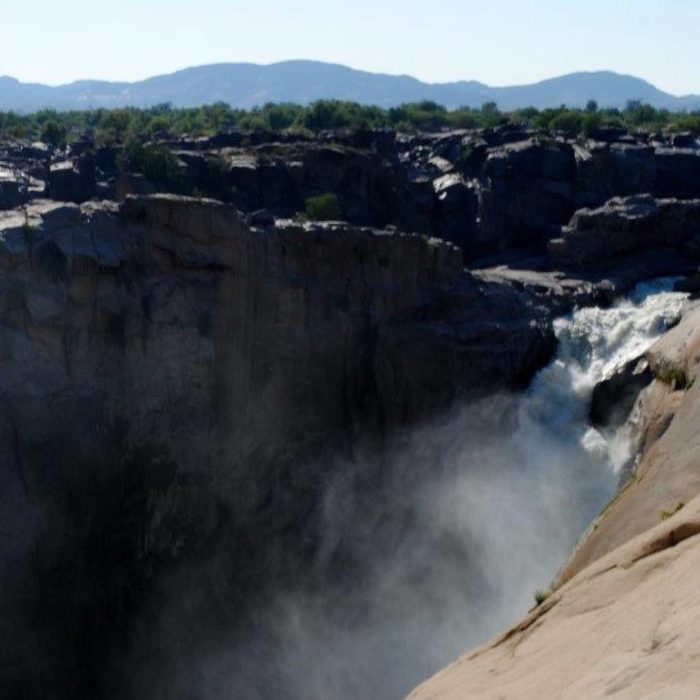
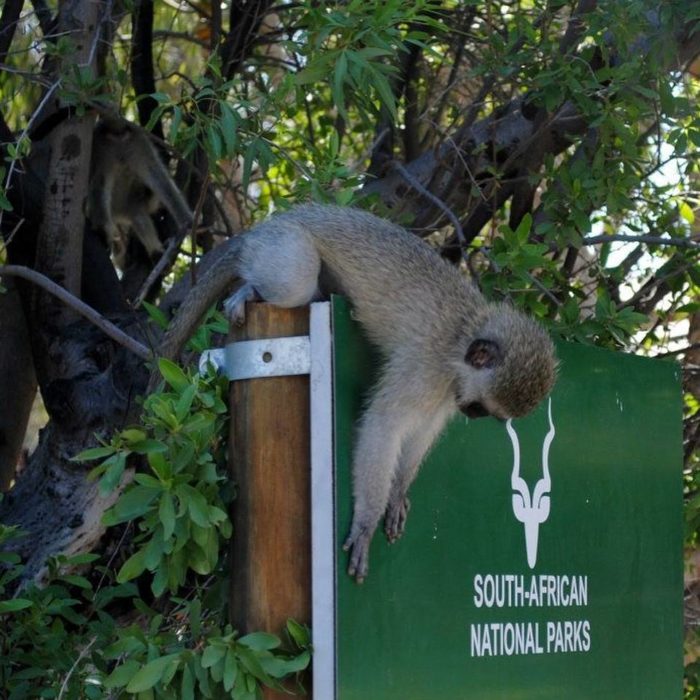

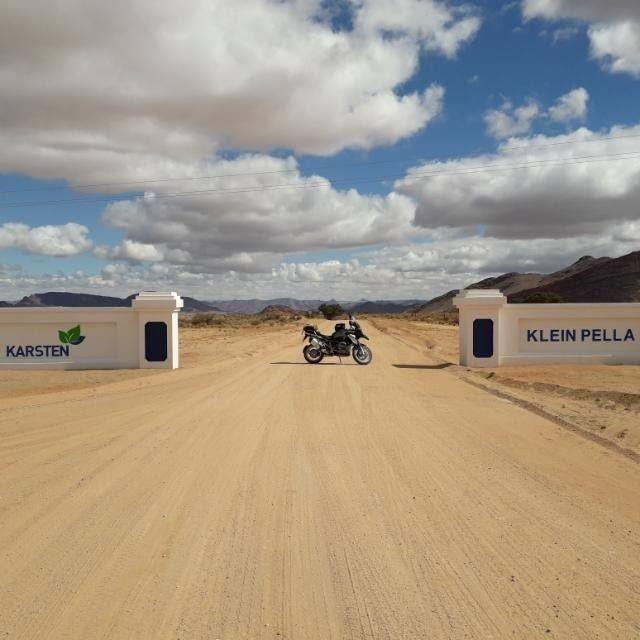
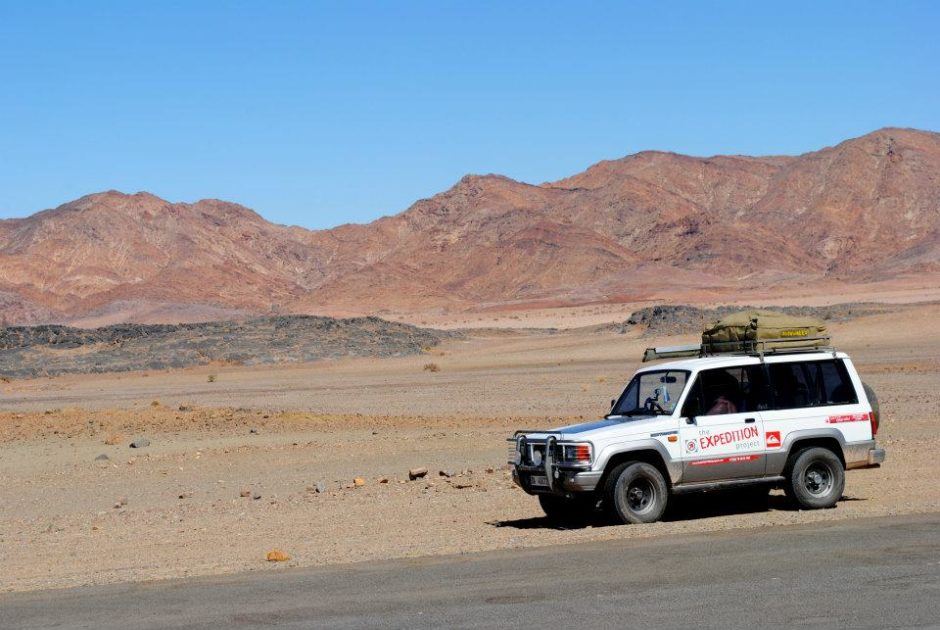

Population: As of 2021, the estimated population of the Northern Cape is around 1.3 million people, making it the least populous province in South Africa.
Area: The Northern Cape is the largest province in South Africa, covering an area of approximately 372,889 square kilometres (143,973 square miles). It represents about 30% of the country’s land area.
Economy: The Northern Cape’s economy is primarily based on mining and agriculture. It is rich in mineral resources, including diamonds, iron ore, manganese, and zinc. The province is also known for its livestock farming, especially sheep farming.
Unemployment: Unemployment is a significant challenge in the Northern Cape, as in many other parts of South Africa. As of 2021, the official unemployment rate in the province was around 24%.
Education: The Northern Cape has a network of educational institutions, including universities, colleges, and schools, providing educational opportunities to its residents. However, access to quality education and skills development remains challenging in some areas.
Tourism: The Northern Cape offers unique tourist attractions, including the Kgalagadi Transfrontier Park, Augrabies Falls National Park, and the Kimberley Big Hole. It is known for its vast landscapes, stargazing opportunities, and cultural heritage sites.
Health: The Northern Cape has healthcare facilities, including hospitals and clinics, to cater to the healthcare needs of its population. However, access to healthcare services can be a challenge in remote and rural areas.
Crime: The Northern Cape, particularly some of its urban areas, experiences crime like other parts of South Africa. However, crime rates may vary across different regions within the province.
Transport: The Northern Cape has an extensive road network connecting various towns and cities within the province. It also has airports and railway lines, although the transportation infrastructure may be less developed compared to other provinces.
Governance: The Northern Cape has its own provincial government, headed by a Premier and a Provincial Parliament. It has its own legislative and executive powers, allowing it to address the specific needs and challenges of the province.




Leave a Reply
You must be logged in to post a comment.